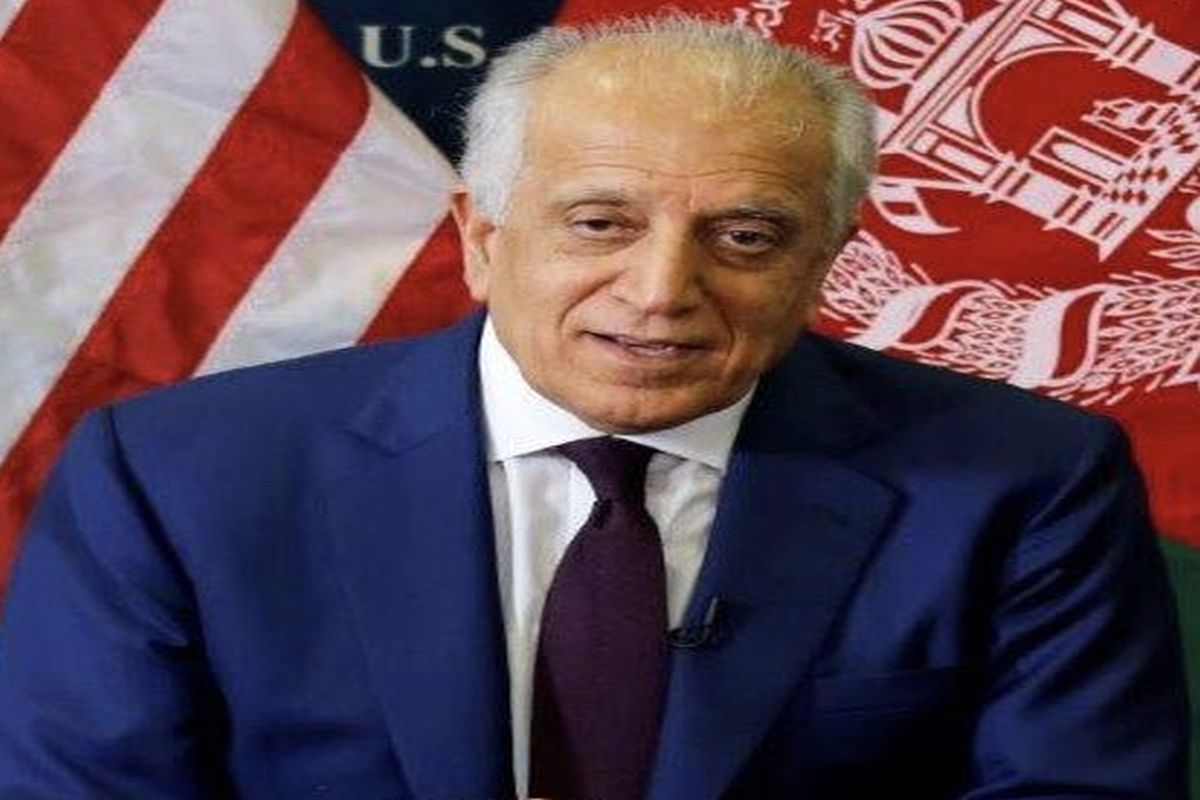Policy balance
The recent appointment of Sanjay Malhotra as Governor of the Reserve Bank of India (RBI), replacing Shaktikanta Das, signals a pivotal shift in India’s monetary policy dynamics.
The meeting was announced by the Taliban on Twitter, and Khalilzad’s trip to Qatar was confirmed by a statement from the US State Department

Zalmay Khalilzad. (Photo: IANS)
US peace envoy Zalmay Khalilzad and General Austin S. Miller, the commander of US and NATO forces in Afghanistan on Monday met a Taliban delegation led by the deputy leader of the group Mullah Baradar in Qatar and discussed the agreement inked by the tw sides for peace in Afghanistan.
The meeting was announced by the Taliban on Twitter, and Khalilzad’s trip to Qatar was confirmed by a statement from the US State Department, TOLO News reported.
Advertisement
According to the Suhail Shaheen, a Taliban spokesman said, “They talked about complete implementation of the agreement as well as delay in the release of the prisoners. Violations of the agreement and other issues and ways of their solutions were also discussed”.
Advertisement
A source familiar with the talks told TOLO News that Gen. Miller while meeting with Taliban in Qatar “focused on the need to reduce violence and creating the conditions for intra-Afghan negotiations”.
“He underscored that all sides should capitalize on the opportunity for peace”.
On Sunday, the Taliban released 20 government prisoners, the group tweeted.
Khalilzad in a tweet welcomed the prisoner releases by both the Afghan government and Taliban.
The US and the insurgent group signed a peace deal on February 29 in the Qatari capital of Doha, which included an agreement for the release of some 5,000 Taliban prisoners in exchange for 1,000 Afghan security forces.
The prisoner exchange deal would serve as a precursor to the commencement of intra-Afghan talks to usher in peace in the country after nearly 20 years.
The Taliban delegation arrived in Kabul on March 31 and held several meetings with Afghan government officials to discuss technicalities for the prisoner exchange.
The Doha accord also calls for the gradual withdrawal of American and other foreign troops over a 14-month period — the singular focus of the US diplomatic efforts. The first phase of that withdrawal has already begun.
More than 10,000 civilians were killed or wounded in Afghanistan’s war last year, the United Nations announced Saturday, as a historic partial truce kicked in across the country. India did not recognise Afghanistan diplomatically when Taliban was ruling the country from 1996 to 2002.
Advertisement